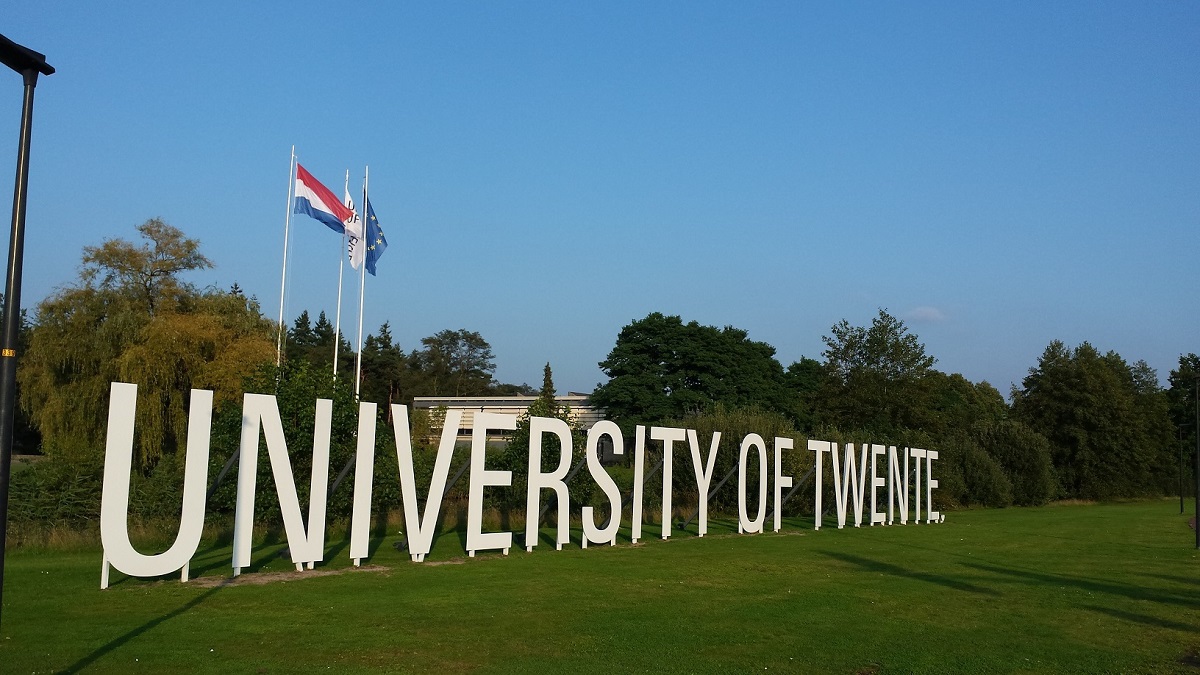We are looking for a highly motivated PhD candidate to strengthen our research portfolio in the emerging field of ‘geo tribology’, tribology in the subsurface of earth
The Department Mechanics of Solids, Surfaces & Systems (MS3), part of the faculty of Engineering Technology (ET) is currently seeking a PhD candidate in the area of modelling friction in crushed rock grains (gouge) in reservoir faults. The work will be done in the Surface Technology and Maintenance (SEM) group, where we work on topics related to surfaces and interfaces, damage and failure mechanisms, e.g. frictional failure in faults leading to earthquakes.
Earthquakes reflect the phenomenon of sudden slip when the frictional strength of faults in the Earth’s crust is overcome. This project seeks to understand the physical processes controlling this sudden failure through numerical modelling and lab experiments and applying the results to acquire large-scale models for earthquakes caused by gas extraction, geothermal energy production and subsurface storage. Gaining deeper knowledge of frictional mechanisms in faults at different length scales will help improve forecasting of earthquakes and other subsurface phenomena, caused by growing human intervention.
Fractures and discontinuities in rocks, i.e. faults in natural gas reservoirs are typically filled with crushed rocks grains called gouges. In a depleting gas reservoir, stresses on pre-existing faults result in fault reactivation and slip, thereby inducing seismicity. Understanding the friction between the gouge-grains in key to modelling fault slip. Frictional phenomena in individual gouge-grain contact can be experimentally simulated at the microscale as the relevant scale where physical frictional interactions take place. Using results from single grain experiments, a physical basis will be formulated for friction phenomena in microphysical and numerical granular models for fault-gouges.
The aim of the project is to develop physics-based friction models for fault contacts following a bottom-up approach and use these models to compute fault slip resulting in induced seismicity due to subsurface activities. The objectives of the PhD research, to accomplish the main aim will be:
O1. To develop friction laws for single-grain contacts in crushed fault-rock “gouges” using microscale sliding experiments and numerical models.
O2. To implement these micro-scale friction laws in numerical models developed to compute friction in fault-gouges (dm-scale granular-assembly).
JOB DESCRIPTION
We are looking for a highly motivated PhD candidate to strengthen our research portfolio in the emerging field of ‘geo tribology’, tribology in the subsurface of earth. Careful experimental analysis, involving single-(rock) grain pre-sliding and sliding experiments, atomic force microscopy, surface force apparatus etc. will be employed to analyze, model and quantify microscale contact and friction forces. A numerical discrete element model (DEM) will be developed/adapted to study friction in granular aggregates under shear loading. Understanding the physical background of friction processes in single-grain contact, friction models will ultimately be implemented in the aggregate grain (dm-) scale DEM model.
YOUR PROFILE
- MSc (masters) degree in Mechanical Engineering or equivalent, preferably with a background in tribology.
- Some experience in granular mechanics (particle modelling) and/or experimental techniques like AFM is an advantage.
- You are an excellent researcher, eager to learn and to improve;
- You thrive in a collaborative environment;
- Your interpersonal skills as well as English language skills are excellent.
OUR OFFER
The UT provides a dynamic and international environment, combining the benefits of academic research with a topic of high industrial relevance, excellent working conditions, an exciting scientific environment, and a green and lively campus.
We offer:
- A full-time 4-year PhD position;
- We provide excellent mentorship and a stimulating international research environment with excellent facilities;
- You are offered a professional and personal development program within Graduate School Twente;
- A starting salary of €2.443 gross per month in the first year and a salary of €3.122 in the fourth year gross per month;
- A holiday allowance of 8% of the gross annual salary and a year-end bonus of 8.3%;
- A solid pension scheme;
- Minimum of 29 holidays per year in case of fulltime employment.
INFORMATION AND APPLICATION
Are you interested after reading this vacancy? Please submit your application before May, 15th, 2022 by using the “Apply now” button.
Applications should include the following documents:
- A motivation letter describing why you apply for this position, with a description of your research interests (no more than 1 A4).
- A detailed CV.
- Academic transcripts from your Bachelor’s and Master’s degrees
The selection procedure includes an interview and a scientific presentation.
For more information, contact Dr. T. Mishra (t.mishra@utwente.nl) or Prof.dr.ir. M.B. de Rooij (m.b.derooij@utwente.nl).
